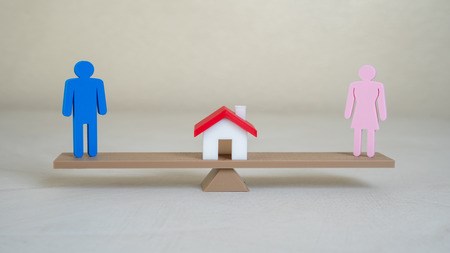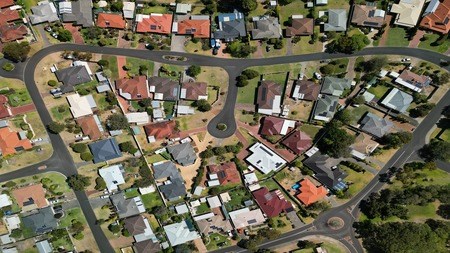You will most probably talk about the property market in casual conversations with friends and family at some point. Chances are that they will tell you “property is an excellent investment and you should buy now before it is too late”. Like most pieces of advice this statement is not necessarily true (or false). Each individual buyer should evaluate his own situation before deciding whether he should buy a house for sale. Two identical buyers might find that the same property is a good investment for one but not for the other only because one has elevated levels of debt he needs to service while the other has none. Let’s look at an example. There is a house for sale in a great suburb for R1 million. Should you buy it? Maybe a better question is: Can you afford to buy it? The bank will be more open to lending you the money if you are able to pay a deposit. If you are able to pay 10% of the bond as a deposit, it is usually a good sign. In the case study 10% amounts to R100 000. While the 10% rule is not set in stone, it tells the bank that you have funds of your own that you were able to save – an indication that you are probably a savvy investor. Now: What will the monthly installment on the bond be? Let’s assume you haven’t paid any deposit and are paying 9% interest per year. Your monthly installment will be about R9 000. The bank would generally only provide this loan if your household income is three times as much, in other words around R27 000 per month. But what other monthly payments are you liable for? Recent figures indicate that consumers spend around 78% of their disposable income to service debt, which doesn’t leave much room for extra liabilities. Before you decide to buy a house for sale, write down all the payments you make each month for two or three months. This exercise will be a good indication of what resources you have, how it is spent and most importantly if there is enough room for the monthly installment. Also keep in mind that there will be other monthly expenses involved – levies, rates and taxes and water and electricity bills. Consider the purpose of the transaction – are you buying the house to live in yourself or will you rent it to someone else? If you are buying the house for yourself, consider what the rent will be on a similar house. If you buy a house of R1 million, the yearly interest payments will be around R90 000. This means you will pay R90 000 a year to buy the property without covering any capital amount (R1 million). In this case it could be a better option to rent a property for R6 000 a month, which amounts to R72 000 per year. However, in the long run the value of the property will increase which means you will be able to sell the property for a higher amount somewhere in future. This fact should also be taken into account. No matter what you decide, it is important to consider your own finances and position – others might be quick to tell you what to do, but it will ultimately be you who have to pay the installments.
Property Advice



